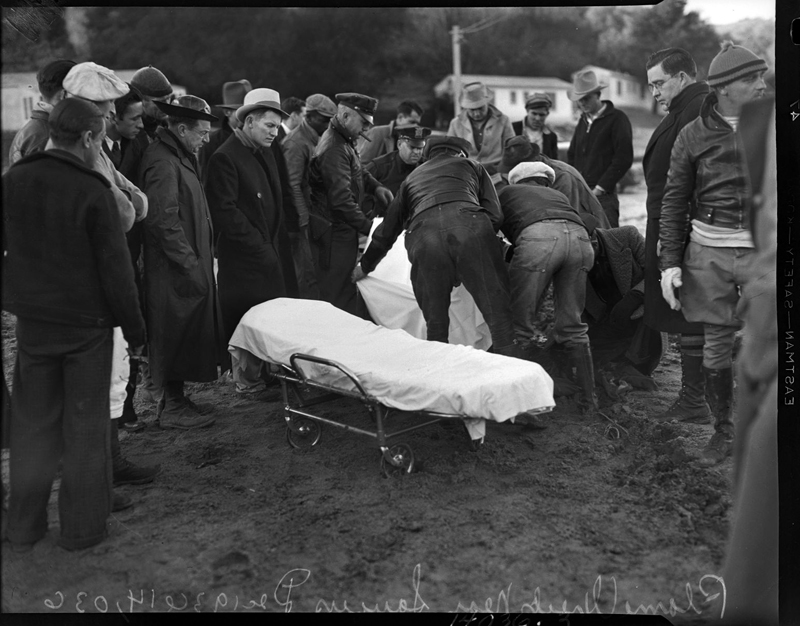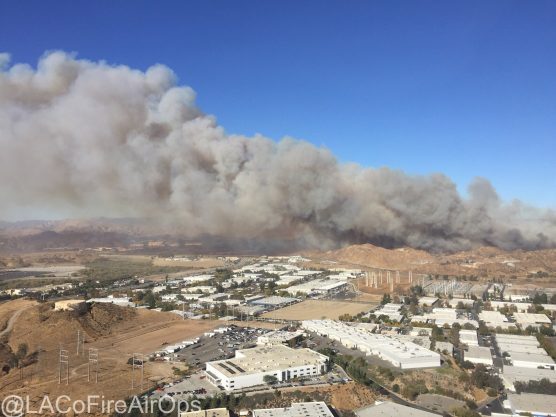State and Federal Disaster Assistance Programs are now available from the Federal Emergency Management Agency (FEMA), California Governor’s Office of Emergency Services (CalOES), and the U.S. Small Business Administration (SBA) for eligible homeowners, renters and business owners in Los Angeles County who suffered damages or losses due to the December 2017 Creek, Rye and Skirball wildfires.
“A recent amendment to President Trump’s major disaster declaration of Jan. 2, made at the request of California’s Governor Edmund G. Brown, Jr., means that residents in our County and neighboring counties can now access individual disaster assistance from FEMA,” stated Los Angeles County Board of Supervisors Chair Sheila Kuehl. “We encourage anyone who sustained wildfire damages due to the recent Los Angeles County area wildfires to register for assistance immediately.”
Individuals can register for disaster relief by either visiting www.disasterassistance.gov or by calling 800-621-FEMA (3362) or TTY 800-462-7585. Applicants who use 711 or Video Relay Service may call 800-621-3362. The toll-free numbers are open from 7 a.m. to 10 p.m., local time, seven days a week. During the registration process, applicants should be ready to provide the following information: Social Security number of one household member, address of the damaged primary residence, description of the damage, information about insurance coverage, a current telephone number, an address where they can receive e-mails, and a bank account with routing numbers for direct deposit of funds.
“Our region pulled together to protect people and property during the Creek and Skirball fires. We are grateful that no lives were lost, and want to be certain that the road to recovery is as clear as possible for households and businesses that suffered losses,” said Los Angeles Mayor Eric Garcetti. “Partnerships with Federal, State, and County emergency management organizations are helping us make sure that financial assistance gets to the right places — so that Angelenos affected by the wildfires can get relief as quickly as possible.”
Disaster assistance can include State and FEMA grants, and low-interest loans from SBA.
FEMA Individual Assistance (IA) Grants are designated for homeowners and renters who sustained uninsured damage or underinsured losses to their primary homes, vehicles and personal property. These grants may help pay for temporary housing (including rental or lodging expenses), emergency home repairs, personal property losses, and medical, dental and funeral expenses caused by the disaster. IA grants are not taxable income and will not affect eligibility for any Federal, State or County benefits, such as Social Security, Medicaid, Temporary Assistance for Needy Families, food stamps, Supplemental Security Income or Social Security Disability Insurance.
SBA disaster loans are available to businesses and private non-profit organizations to assist with working capital needs as a direct result of the disaster. Businesses of all sizes and private non-profit organizations may borrow up to $2 million to repair or replace damaged or destroyed real estate, machinery and equipment, inventory and other business assets.
Disaster loans up to $200,000 are available to homeowners to repair or replace damaged or destroyed real estate. Homeowners and renters are eligible for up to $40,000 to repair or replace damaged or destroyed personal property.
Interest rates can be as low as 3.385 percent for businesses, 2.5 percent for private non-profit organizations and 1.75 percent for homeowners and renters with terms up to 30 years. Loan amounts and terms are set by SBA and are based on each applicant’s financial circumstance.
SBA can also lend additional funds to businesses and homeowners to help with the cost of improvements to protect, prevent or minimize the same type of disaster damage from occurring in the future.
More information about SBA disaster loans can be obtained by calling the SBA Customer Service Center at 800-659-2955.
Like this:
Like Loading...
Related





 Tweet This
Tweet This Facebook
Facebook Digg This
Digg This Bookmark
Bookmark Stumble
Stumble RSS
RSS




























REAL NAMES ONLY: All posters must use their real individual or business name. This applies equally to Twitter account holders who use a nickname.
0 Comments
You can be the first one to leave a comment.